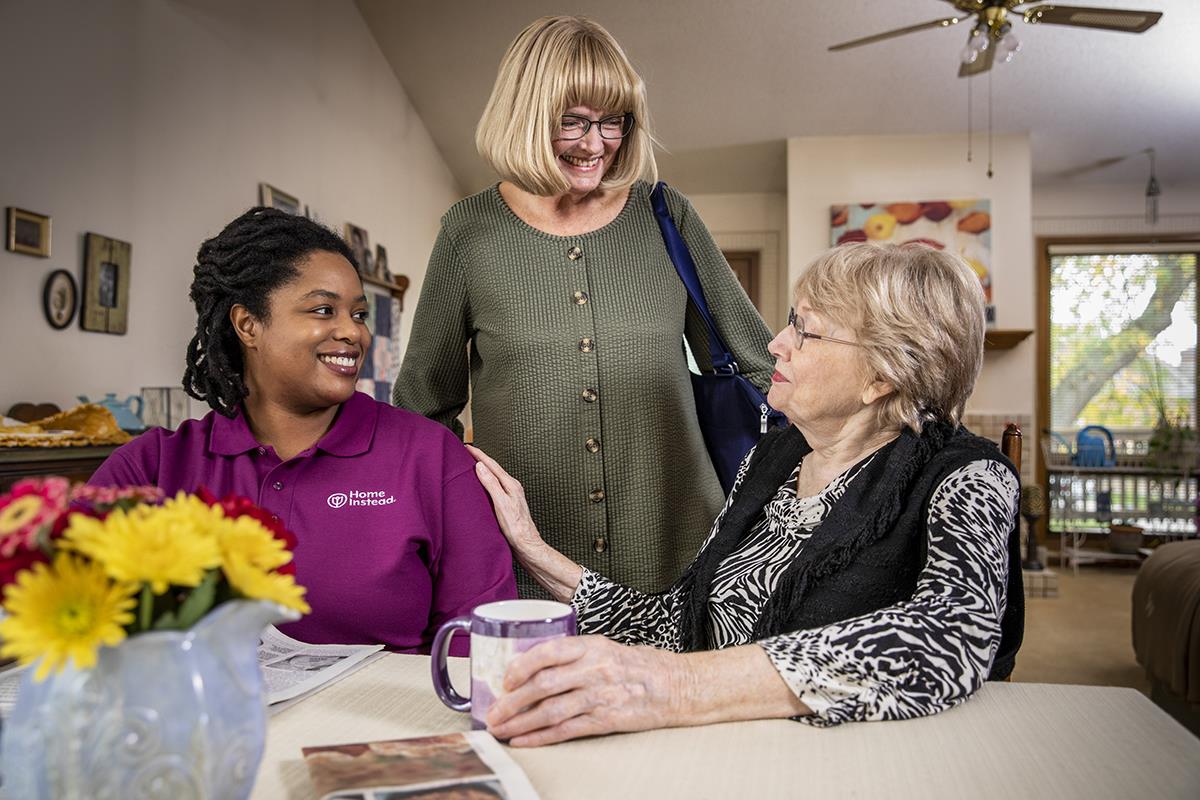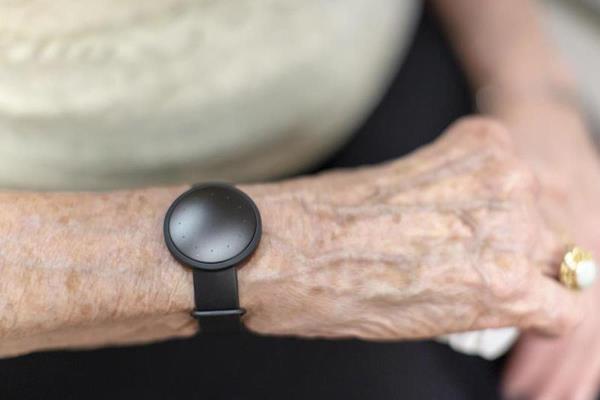Family caregivers provide much-needed support to their loved ones, but research shows that those caring for an individual living with dementia experience burden at higher rates than the general caregiving population. Dementia family caregivers report high burden at 46%, compared to non-dementia caregivers at 38%. Caregiving can also be an emotional rollercoaster, and dementia family caregivers experience higher emotional stress (49%) than the general caregiving population (35%). In addition, the physical demand of caregiving can cause caregivers to experience physical strain. Those caring for someone living with dementia indicate high physical strain (29%) compared to non-dementia caregivers (17%).
What is Respite Care? While caregiving can take a toll, there are ways to improve the well-being for family caregivers, one of which is respite care. Simply put respite care is a short break for a family caregiver and the care can occur at home. Research has shown, respite has helped caregivers continue to care for their loved one at home, even preventing or delaying the need for facility care.
There are three main ways to utilize respite care, but there are many senior care options to consider.
1. Family or friends can provide what is considered an informal type of respite care. In most cases family caregivers arrange for another family member or friend to provide short-term care (care can range from a couple hours to a regularly scheduled break every week).
2. Adult Day Services this type of respite is typically provided on-location at a local adult day center. Adult day services often include activities, meals and some even have personal care services on-site.
3. Home Care is respite that involves a paid caregiver who comes to the senior loved one’s home. Services provided are usually in flexible increments of time from a few hours, up to 24 hours a day on a daily, weekly, monthly basis, or on-call.
More Caregivers Want Respite Care
The good news is that the number of caregivers using formal respite services is increasing. And those caring for a loved one living with dementia are using respite care nearly twice as much as any other family caregiver. However, there is a still a divide in the number of caregivers who desire respite care and those who actually use it. A 2020 study by National Alliance for Caregiving & AARP, found that while 38% of family caregivers indicate respite services would be helpful, only 14% were using it. For caregivers caring for someone with memory problems, 46% indicated that respite care would be helpful, but only 22% were using such services.
Family caregivers may not use respite care – in a formal or informal way – for a few reasons like cost of care or availability. Other barriers include lack of knowledge about respite service options, societal or family stigma associated with using respite care, an unrealized need for help and not identifying as a “caregiver”.
The Unrealized need for help & Not Identifying as a Family Caregiver
The last barrier – the unrealized need for help & not identifying as a “caregiver” - is a complicated one to understand. For those caring for a person living with dementia, the level of care needed slowly increases over time as the disease progresses. Since a primary caregiver takes on more care responsibilities gradually, the person may not realize what they’re doing is caregiving. They may feel like they’re just being a good son, daughter, spouse, or sibling – not a caregiver. They may feel like they’re “doing the right thing,” which can be a cultural, community or family-imposed norm. This may prevent the individual providing care from reaching out for help. Regardless of identifying as a caregiver or not, having respite along the caregiving journey can help caregivers provide care longer and in many cases, can help keep their loved ones at home longer. Additionally, having a break and enjoying the benefits of respite care positively impact a caregiver’s physical and emotional well-being.
Research studies have shown home care to be the most effective respite care option for family caregivers. Hiring professional caregiving services such as Home Instead can offer the benefits of in-depth care planning, round the clock support, skilled and experienced caregivers, and care services received in a scheduled and consistent manner. Family caregivers are thus have more clarity on their schedules, and are able to precisely plan their other responsibilities / rejunivation breaks accordingly. The overall result for family caregivers is that they are able to care for loved ones at home much longer, and home is where 94% of older adults prefer to age.
If you or someone you love are struggling with being a family caregiver, consider contacting the team at Home Instead for support and assistance with personalized care plans, trusted caregivers, and a focus on healthy living. Our health experts are available 24/7
Call 604-432-1139



